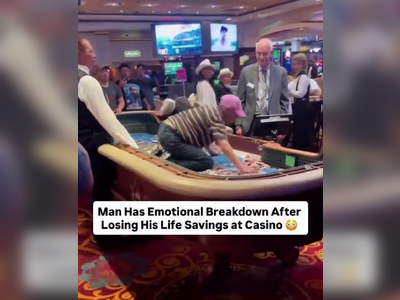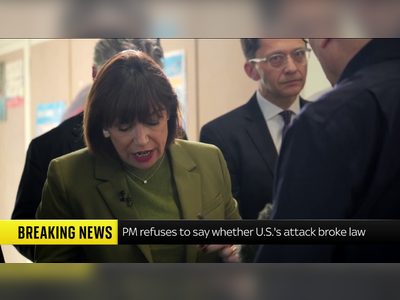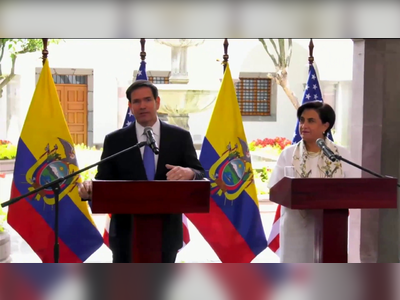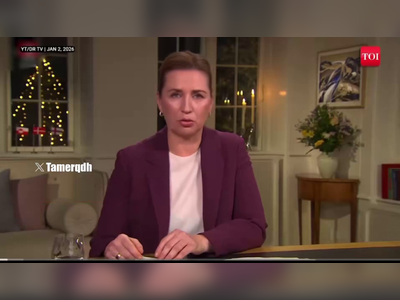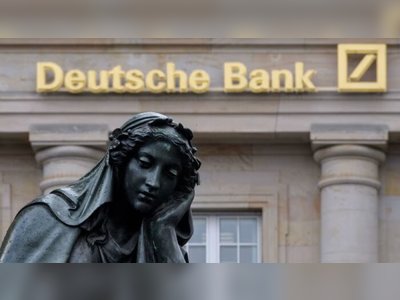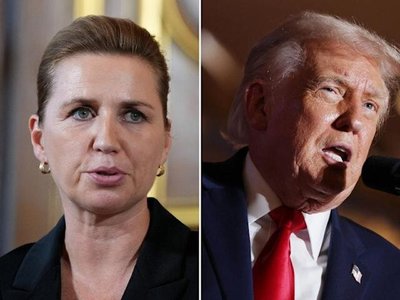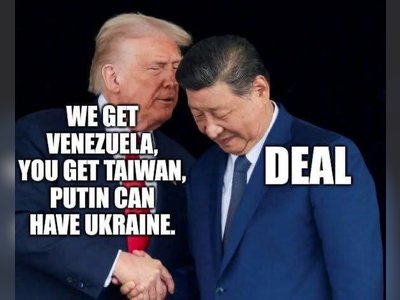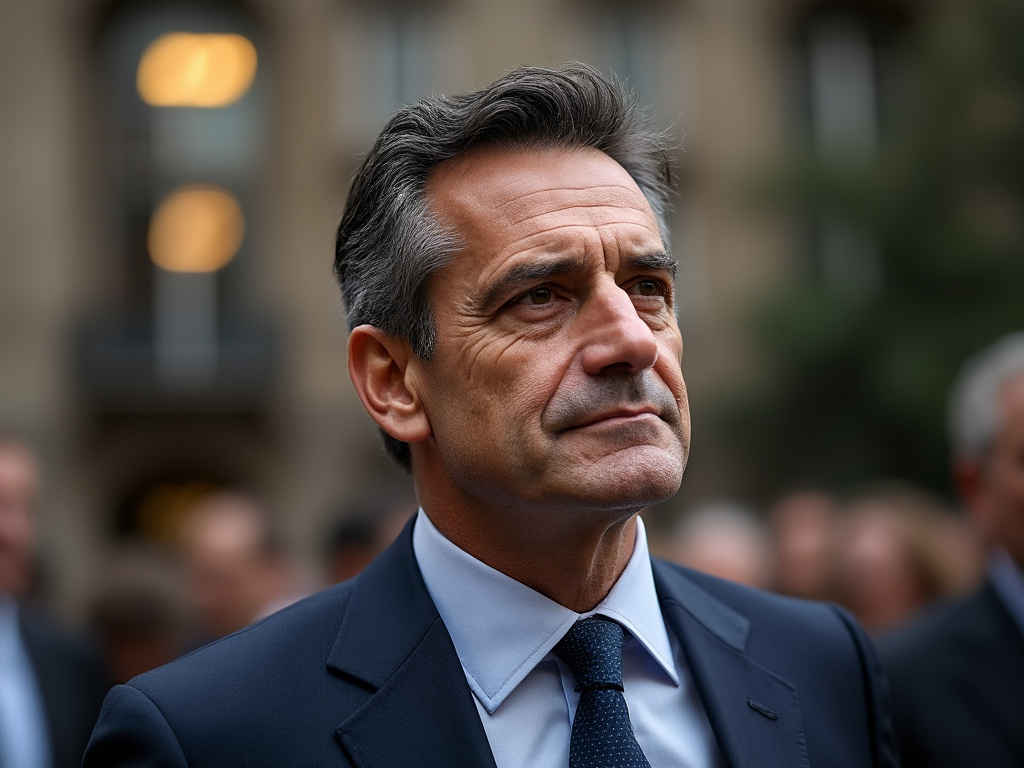
Former French President Nicolas Sarkozy Accused of Corruption in Libyan Pact
Financial prosecutor asserts Sarkozy was the primary decision-maker in a corruption scheme involving Libyan dictator Muammar Gaddafi.
During proceedings on March 25, 2025, at the Paris court, the National Financial Prosecutor's Office (PNF) characterized former French President Nicolas Sarkozy as the main decision-maker in a corruption pact allegedly established in 2005 with Libyan leader Muammar Gaddafi.
Prosecutor Quentin Dandoy described Sarkozy's involvement as a 'total implication,' advocating for his conviction along with former aides Claude Guéant and Brice Hortefeux for charges of corruption and criminal conspiracy.
The prosecutor emphasized that sending Guéant and Hortefeux to trial highlights Sarkozy's active role, claiming that the absence of written instructions would prevent any documentation of his involvement.
This assertion was supported by a detailed chronological presentation outlining the alleged corruption pact orchestrated in Tripoli.
Additionally, prosecutor Philippe Jaeglé criticized the pact, labeling it as 'inconceivable, unprecedented, and indecent,' with Gaddafi characterized as heading a 'bloodthirsty regime.' The prosecution argued that the arrangement aimed to financially assist Sarkozy's campaign leading to the 2007 presidential election and could potentially distort election outcomes while undermining France's sovereignty and interests.
The PNF stated that its positioning was not predetermined before the trial, but the details revealed over the ten-week proceedings, coupled with the 'extravagant explanations' provided by the defendants, solidified their convictions.
Sarkozy maintains his innocence, expressing the view that the prosecution's approach assumed his guilt from the outset.
He contended that the focus had shifted from discovering the truth to preserving the dignity of the prosecutor's office.
The prosecution's summation is expected to continue until Thursday evening, culminating in recommendations for sentencing.
Sarkozy faces serious charges, including corruption, misappropriation of public funds, illegal campaign financing, and criminal conspiracy, which could result in a ten-year prison term, a substantial financial penalty, and a five-year loss of civil rights, rendering him ineligible for public office.
Prosecutor Quentin Dandoy described Sarkozy's involvement as a 'total implication,' advocating for his conviction along with former aides Claude Guéant and Brice Hortefeux for charges of corruption and criminal conspiracy.
The prosecutor emphasized that sending Guéant and Hortefeux to trial highlights Sarkozy's active role, claiming that the absence of written instructions would prevent any documentation of his involvement.
This assertion was supported by a detailed chronological presentation outlining the alleged corruption pact orchestrated in Tripoli.
Additionally, prosecutor Philippe Jaeglé criticized the pact, labeling it as 'inconceivable, unprecedented, and indecent,' with Gaddafi characterized as heading a 'bloodthirsty regime.' The prosecution argued that the arrangement aimed to financially assist Sarkozy's campaign leading to the 2007 presidential election and could potentially distort election outcomes while undermining France's sovereignty and interests.
The PNF stated that its positioning was not predetermined before the trial, but the details revealed over the ten-week proceedings, coupled with the 'extravagant explanations' provided by the defendants, solidified their convictions.
Sarkozy maintains his innocence, expressing the view that the prosecution's approach assumed his guilt from the outset.
He contended that the focus had shifted from discovering the truth to preserving the dignity of the prosecutor's office.
The prosecution's summation is expected to continue until Thursday evening, culminating in recommendations for sentencing.
Sarkozy faces serious charges, including corruption, misappropriation of public funds, illegal campaign financing, and criminal conspiracy, which could result in a ten-year prison term, a substantial financial penalty, and a five-year loss of civil rights, rendering him ineligible for public office.


